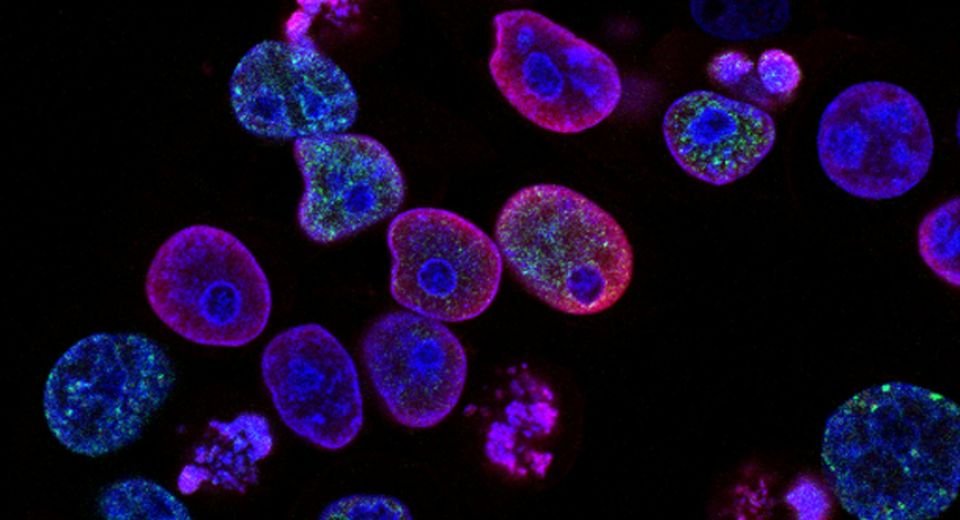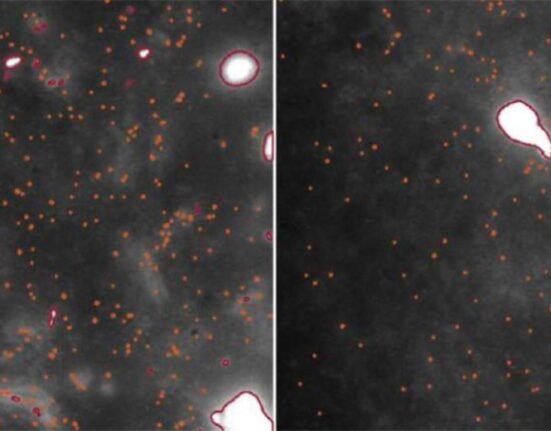HQ Team
June 3, 2024: British drugmaker, GSK Plc.’s multiple myeloma drug, Blenrep, reduced the risk of disease progression or death by about 50% when compared to a standard-of-care combination, according to the company.
“The trial showed statistically significant and clinically meaningful improvement in the primary endpoint of progression-free survival,” according to a statement.
Three hundred and two patients with relapsed or refractory multiple myeloma participated in the trial.
Multiple myeloma is the third most common blood cancer globally and is generally considered treatable but not curable. There are approximately 176,000 new cases of multiple myeloma diagnosed globally each year.
Bone marrow
It develops in plasma cells in the bone marrow. In healthy bone marrow, normal plasma cells make antibodies to protect your body from infection.
Seventy-one per cent who got Blenrep in combination with the steroid dexamethasone and a cancer medicine pomalidomide, were alive without their disease worsening in a year.
In comparison, patients who were treated with pomalidomide, dexamethasone and bortezomib had a progression-free survival of 51%.
“At a median follow-up of 21.8 months, the median progression-free survival was not yet reached with the belantamab mafodotin combination compared to 12.7 months in the bortezomib combination.”
‘Redefine treatment’
Hesham Abdullah, Senior Vice President, Global Head of Oncology, R&D, GSK, said: “We now have consistent data from two phase III trials supporting the potential for Blenrep combinations to redefine the treatment of multiple myeloma at or after the first relapse.”
The European Medicines Agency in 2023 had recommended the stoppage of conditional marketing authorisation for GSK’s Blenrep (belantamab mafodotin), a medicine used to treat cancer of the bone marrow.
The move followed a review of available data by the Committee for Medicinal Products for Human Use (CHMP) as part of the renewal of Blenrep’s marketing authorisation.
GSK, stopped selling the medicine for treating multiple myeloma, in the US in 2022 at the request of the Food and Drug Administration.
In its review, the CHMP considered that results from GSK’s late-stage experimental study did not confirm the effectiveness of Blenrep as agreed when the authorisation was granted, according to an EMA statement.
Secondary goals
The company stated that the secondary efficacy goals were met, including key improvements in the rate of complete response or “better — more than twofold improvement — in minimal residual disease negativity rate (nearly fivefold improvement) and duration of response.”
“This combination may have the potential to redefine the treatment of multiple myeloma at or after the first relapse, a setting where patients may benefit from novel therapies,” said Suzanne Trudel, MD, Department of Medical Oncology and Hematology, Princess Margaret Cancer Centre, University Health Network, Toronto, Canada.
In 2022, Johnson & Johnson got approval for its therapy to treat multiple myeloma, a type of blood cancer, from the US Food and Drug Administration. J&J’s teclistamab, branded as Tecvayli, is approved for treating adults with multiple myeloma that is hard to treat.








